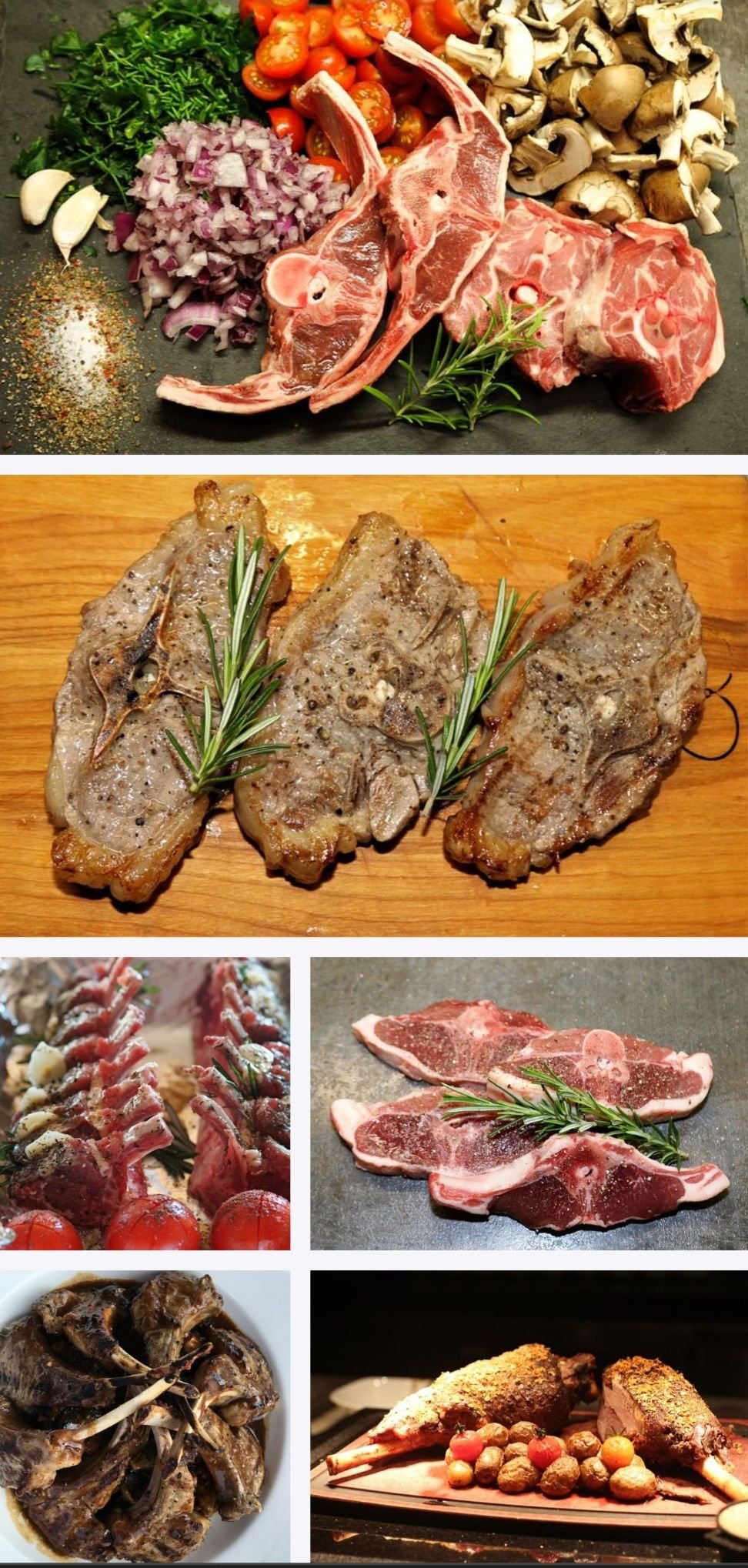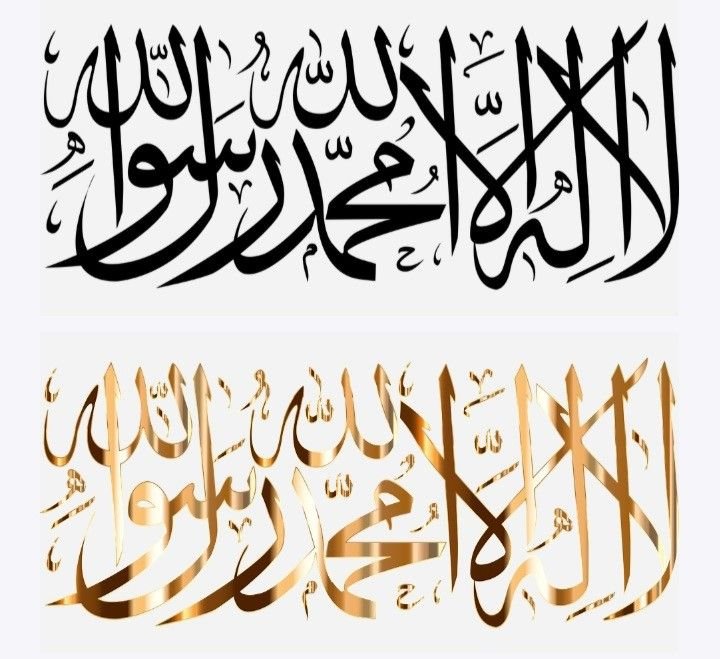Bida’atul Mukaffirah and Bida’atul Mufassiqah!
In The Name of Allaah, The Most Merciful, The Bestower of Mercy.
A Principle Regarding Worship
Shaikhul Islaam Ibn Taymiyyah [may Alllaah have mercy upon him] said: said:
Indeed, there has been much confusion in this subject matter, just as it is the case in the subject matter of halaal and haraam. Indeed, a group of people make permissible some of the things which Allaah has declared impermissible and others declare impermissible some of those things which Allaah has made permissible. Likewise, some people innovate acts of worship that have not been legislated by Allaah; rather Allaah [The Most High] prohibited them. The foundation of the religion of Islaam is that the permissible affairs are those that Allaah and His Messenger have made permissible, and the impermissible affairs are those that Allaah and His Messenger have made impermissible. It is not allowed for anyone to leave the straight path which Allaah sent His Messenger with. Allaah [The Most High] said:
[وَأَنَّ هَـٰذَا صِرَٲطِى مُسۡتَقِيمً۬ا فَٱتَّبِعُوهُۖ وَلَا تَتَّبِعُواْ ٱلسُّبُلَ فَتَفَرَّقَ بِكُمۡ عَن سَبِيلِهِۦۚ ذَٲلِكُمۡ وَصَّٮٰكُم بِهِۦ لَعَلَّڪُمۡ تَتَّقُونَ – And verily, this is my Straight Path, so follow it, and follow not [other] paths, for they will separate you away from His Path. This He has ordained for you that you may become pious]. [6:153]
Abdullaah Ibn Mas’ood [radiyallaahu-anhu] reported that the Prophet [sallal-laahu-alayhi-wasallam] drew a line for us and said: “This is Allaah’s Straight Path.’’ Then he drew lines to its right and left and then said: ‘’These are other paths. Upon every one of them there is a devil calling towards it.’’ Then he recited: “وَأَنَّ هَـٰذَا صِرَٲطِى مُسۡتَقِيمً۬ا فَٱتَّبِعُوهُۖ وَلَا تَتَّبِعُواْ ٱلسُّبُلَ فَتَفَرَّقَ بِكُمۡ عَن سَبِيلِهِۦ – Indeed this is My Straight Path, so follow it. And do not follow other paths; they will separate you from His Path.” [Hadeeth reported by Imaam Ahmad in Al-Musnad 4437]
Indeed, Allaah mentioned – in Soorah Al-An’aam, Soorah Al-A’raaf and other them – those deeds the idol worshipers were rebuked for, when they declared impermissible the things which Allaah [The Most High] did not declare impermissible, such as the Baahirah [i.e. a she-camel whose milk was spared for the idols and nobody was allowed to milk it] and the Saa’ibah [i.e. a she-camel let loose for free pasture for their false gods, e.g. idols, etc., and nothing was allowed to be carried on it]. They [also] declared permissible those [deeds] which Allaah declared impermissible, such as the killing of their children and they instituted a religion which Allaah did not allow. Allaah [The Most High] said: [أَمۡ لَهُمۡ شُرَڪَـٰٓؤُاْ شَرَعُواْ لَهُم مِّنَ ٱلدِّينِ مَا لَمۡ يَأۡذَنۢ بِهِ ٱللَّهُۚ – Or have they partners with Allah (false gods), who have instituted for them a religion which Allah has not allowed.” [42:21]
And there were impermissible deeds which they established as acts of worship, such as shirk, and lewd behaviour, such as Tawaaf around the Kabah, whilst being naked.
The acts of worship through which a person seeks to get close to Allaah [The Most High] are those that are beloved and pleasing to Allaah and His Messenger- whether obligatory or recommended – as reported in Saheeh [Al-Bukhaari] that Prophet [sallal-laahu-alayhi-wasallaam] said that Allaah [The Blessed and Exalted] said: “And the most beloved things which My slave comes nearer to Me, is what I have enjoined upon him; and My slave keeps on coming closer to Me through performing Nawaafil (praying or doing extra deeds besides what is obligatory) till I love him, then I become his sense of hearing with which he hears, and his sense of sight with which he sees, and his hand with which he grips, and his leg with which he walks; and if he asks Me, I will give him, and if he asks My Protection (Refuge), I will protect him”. (a)
And it is well known regarding the Salaah is that it can either be obligatory, such as the five daily prayers, or optional such as the Qiyaamul Layl [i.e. Tahajjud prayer]. Also regarding fasting, it can either be obligatory, such as fasting in the month of Ramadhaan, or it can be optional such as fasting three days every month. Also travelling to the Masjid Al-Haraam [i.e. The kabah] is obligatory and travelling to the other two Masajid-Masjid of the Prophet and Masjid Al-Aqsaa-is recommended. Also charity can be an obligation, or recommended such as the surplus beyond [what is] needed, as Allaah [The Most High] said: [وَيَسْأَلُونَكَ مَاذَا يُنفِقُونَ قُلِ الْعَفْوَ – And they ask you what they ought to spend. Say: That which is beyond (what they) need].
And it has been reported in an authentic Hadeeth that the Prophet [sallal-laahu-alayhi-wasallaam] said: “O son of Adam! It is better for you if you spend [your] surplus [wealth], but if you withhold it, it is evil for you. And there is no blame [on you] if you withhold the surplus in accordance with a need, in order to spend on yourself and poor relatives. The upper hand [i.e. the one who spends] is better than the lower hand [i.e. the one who asks without a need as opposed to the self-sufficient one]; and begin [charity] with your dependents”. [Saheeh Muslim Hadeeth No 1036] (1)
Footnote a: Regarding the statement: And My slave keeps on coming closer to Me through performing Nawaafil (praying or doing extra deeds besides what is obligatory) till I love him, then I become his sense of hearing with which he hears, and his sense of sight with which he sees, and his hand with which he grips, and his leg with which he walks… This statement is understood to mean that when a person becomes a Wali (close friend) of Allaah [The Mighty and Majestic), then when the command of Allaah is mentioned with regards to what Allaah loves or hates, he protects his hearing from what Allaah hates and lends an ear to what Allaah loves. He also does the same with regards to what he looks at; what he grips with his hand and where he walks to. Or Allaah guides him, so that he only looks at what Allaah loves; listens to what Allaah loves and walks towards what Allaah loves. [Sharh Arba’een of Imaam Muhammad Bin Saaleh Al-Uthaymeen.. Pages 376-381 and Sharh Arba-een of Shaikh Saaleh Aala Shaikh pages 256-258] [Also see, Jaami-ul Uloom Wal-Hikam of Imaam Ibn Rajab pages 619-641 Daar Ibn Rajab 2002]
Bida’atul Mukaffirah and Bida’atul Mufassiqah
Al-Allaamah Rabee Bin Haadee Al-Madkhalee [may Allaah preserve him] was asked whether there is a difference between Bidah Al-Mukaffirah and Bidah Al-Mufassiqah; so he replied that there is Bidah Mukaffirah, such as rejecting the Ruyah (i.e. denying that the believers will see Allaah in the afterlife); rejecting Allaah’s Uluww [i.e. denying that Allaah is above his creation –Allaah ascended over the Throne in a way that benefits his majesty)]; invoking other than Allaah; offering slaughtered sacrifice (i.e. animals) to other than Allaah etc. These are affairs of Bidah Al-Mukaffirah (the bidah that is tantamount to disbelief); but we do not make Takfeer of the people who commit this type of Bidah until we establish the proofs against them. That is because some of them (i.e. the people who fall into these affairs) carry doubts and are far away from the era of Prophethood and its light (i.e. guidance). So they fall into the likes these innovations. Rejecting the Ruyah is disbelief; rejecting Allaah’s Uluww is disbelief; the saying that the Qur’aan is created is disbelief-major disbelief; but this person -[who testifies that none has the right to be worshipped except Allaah and that Muhammad is the messenger of Allaah, and he prays, observes fasting, wants paradise and believes in that] -received the doubts of the people of falsehood, so he falls into the likes of these affairs (i.e. these innovations that are tantamount to disbelief). So we say to him, “You have fallen into disbelief and the evidence is this and this, and we clarify for him”. So if Allaah grants him Tawfeeq [i.e. blesses him with knowledge and to act] and he returns to the truth, then all praise is due to Allaah; but if not, we declare him a disbeliever after establishing the proofs against him. As for Bidah Al-Mufassiqah it is other than this (i.e. it is not at the level of that which is tantamount to disbelief)…[ http://www.rabee.net/ar/questions.php?cat=26&id=484 .paraphrased] NB: Takfeer: [i.e.expelling a Muslim from the foldnof Islam] is the job of the upright scholars of Islaam. Read here about the Principles of Takfir: http://www.salafipublications.com/sps/sp.cfm?secID=MNJ&subsecID=MNJ09&loadpage=displaysubsection.cfm
Read: Refuting the Notion of Bid’ah Hasanah (Good Innovation) in Worship: Part 8 – Imam Al-Nawawi’s Refutation of Contemporary Innovators Trying to Justify Bidah Hasanah in Matters of Worship
http://www.bidah.com/articles/chbjn-refuting-the-notion-of-bidah-hasanah-good-innovation-in-worship-part-8.cfm
[Ref 1: Source: An Excerpt from ‘Al-Ibaadaat Ash-Shar-iyyah Wal-Farqu Baynahaa Wa Baynal Bid’ah page: 7-9. Slightly paraphrased]







